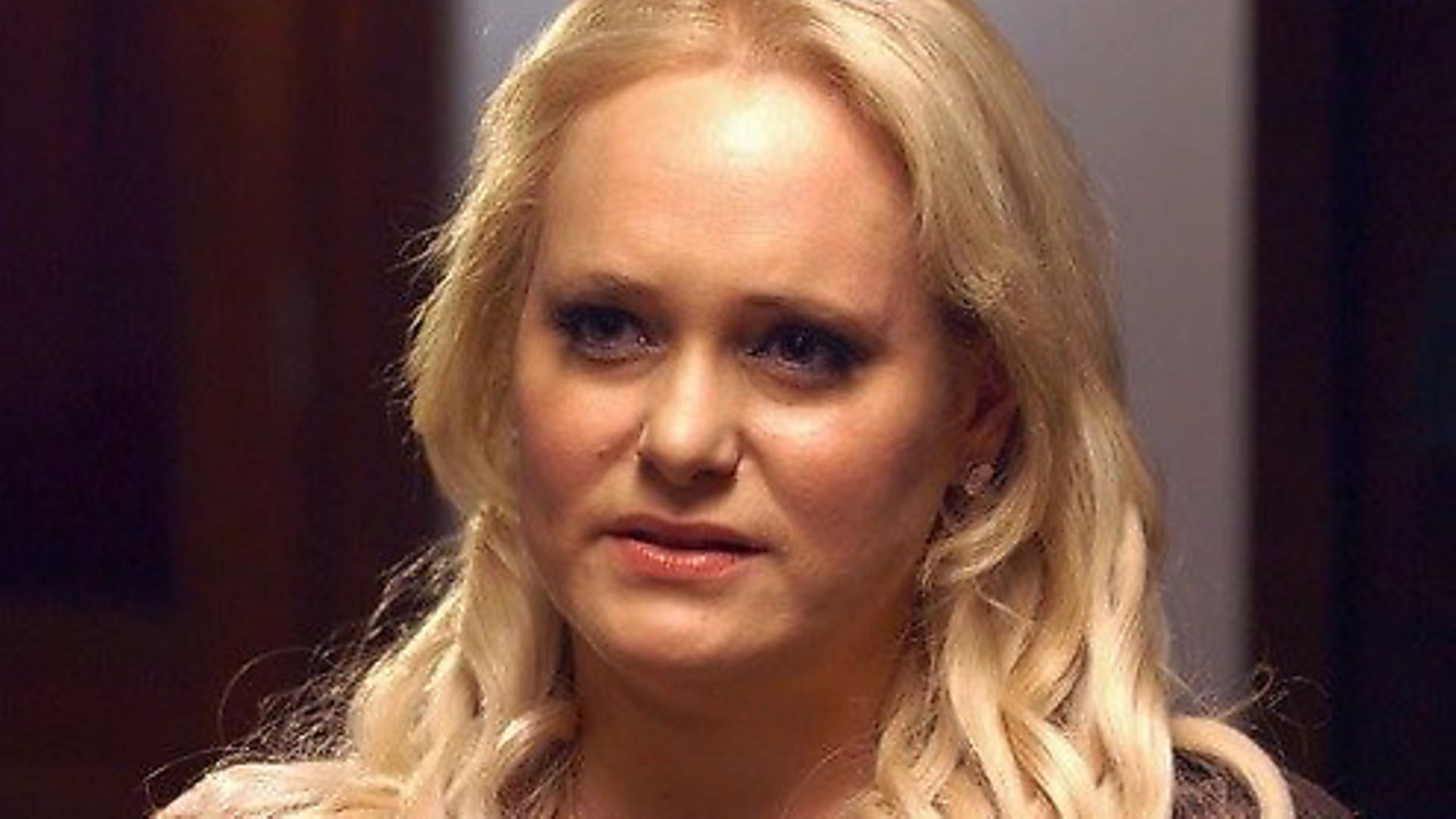
The charismatic American businesswoman has proved herself a better performer than even her former friend Boris Johnson. MIA JANKOWICZ reports.
History is filled with stories of beautiful women being tossed aside by powerful men, usually at great personal cost to themselves. However, the latest, Jennifer Arcuri, is refusing to play by those well-established rules.
Here’s what we know about the businesswoman and Boris Johnson: The pair met during his time as mayor of London; she pursued him as a business contact; her firm received £126,000 in public money along with privileged access to three foreign trade trips led by mayor Johnson, who did not declare a personal interest.
Here’s what we don’t know about them: Whether they had an affair. That we do not know is completely her choice. She has never denied this was the nature of their relationship.
Initially, when news of the story first broke earlier in the autumn, she protected Johnson in media interviews, refusing to say whether they had had an affair – “I’m not going to be putting myself in a position for you to weaponise my answer. I’m being used as a pawn,” she said – while defending his character, saying his visits to her flat were simply to she could give him “technology lessons”. That said, her statement that she makes “men trip over their dicks” would not have been entirely helpful to Johnson.
Six weeks on, and with the prime minister apparently still not taking her calls, she’s back, she’s hurt and she’s going even further in her many television interviews, even if she’s leaving her interrogators ultimately frustrated on that one question they are desperate to have answered: Whether she and Johnson had an affair. “I’m not going to answer that question,” she said this week. “But as you can tell there was a very special relationship there.” Her string of titillating comments give plenty away, but stop just short of an admission. “I assure you [Johnson’s] was not just a sexual intention,” she said in one TV interview. “He actually was very intrigued by my energy, my ability to get things done.”
If this was the dance of the seven veils, Arcuri would be down to a strategically-placed gossamer-thin thread spelling out the phrase: “I couldn’t possibly comment.”
ITV, on the basis of background briefings and off-the-record interviews with Arcuri, has taken the legal risk of calling their relationship an affair. But in public, Arcuri is not budging on this particular point, staying one step ahead of the television interviewers attempts to pin her down, while offering plenty in the way of nudges and winks.
Of course, the precise nature of their personal relationship is not the most important element in this story. Beneath all the salacious allegations and suspicions, this is first and foremost about potential conflicts of interest, probity and fitness for public office. But the sexual politics and Arcuri’s handling of the story – and what it tells us about a changed society – are fascinating and noteworthy too.
In previous decades, wronged wives and girlfriends of powerful men grimly lined up to be cast as either the virgin or the whore. They were either Monica Lewinsky, forever associated with stained dresses and excitingly-misused cigars, or Mary Archer, still associated with the word ‘fragrant’ applied to her by the judge after she gave evidence in support of her husband in his 1987 libel trial. Both went through life-changing humiliation over their involvement with powerful men.
And even now, Johnson clearly expects to be able to ruffle the whole matter out of his hair, perhaps even burnish his reputation in some boorish quarters. Public sentiment has shifted to accept that a politician’s affairs, just like our own, are not a matter of genuine public interest.
But what has also shifted is women’s ability to call powerful men to account in the media for sexually exploitative behaviour. While there’s no suggestion that Johnson’s relationship with Arcuri was anything other than consenting, the #MeToo movement and associated scandals do shine a light on the vastly skewed power relations between the pair, and the difference in potential damage caused.
What fascinates about Arcuri is that she refuses to go away quietly. After four years of being “very close” to Johnson, she is no longer able to contact him. And when her man no longer picks up the phone, she goes on ITV and speaks directly to him in front of the whole nation.
She knows that American confidence can get you far in the UK, but not all of that is down to brassy, Californian stereotype: She is genuinely charismatic and knows exactly how to play the UK’s profound love of innuendo and high camp. She is, in fact, a performer to rival Johnson himself.
So as Johnson seeks to hang on to the highest public office in the land, he finds himself trapped in the role he hates the most: Being asked awkward questions. And there is nothing he can do while Arcuri takes the stage and – at this moment at least – totally outshines him.
Warning: Illegal string offset 'link_id' in /mnt/storage/stage/www/wp-includes/bookmark.php on line 357
Notice: Trying to get property 'link_id' of non-object in /mnt/storage/stage/www/wp-includes/bookmark.php on line 37






